In today’s dynamic agricultural landscape, efficiency, productivity, and sustainability reign supreme. To achieve these goals, the industry is embracing innovative solutions. One such solution is the use of rubber expansion joints. These versatile components are vital in optimizing agricultural processes, extending equipment life, and reducing downtime. We will dive into the applications, benefits, and technical aspects of rubber expansion joints within the agriculture industry.
API International stands at the forefront, stocking an extensive array of expansion joints tailored to fulfill diverse exhaust system prerequisites. From carbon steel and stainless steel single or twin sphere rubber expansion joints, to control rod units and braided pump connectors, our offerings cover the entire spectrum.
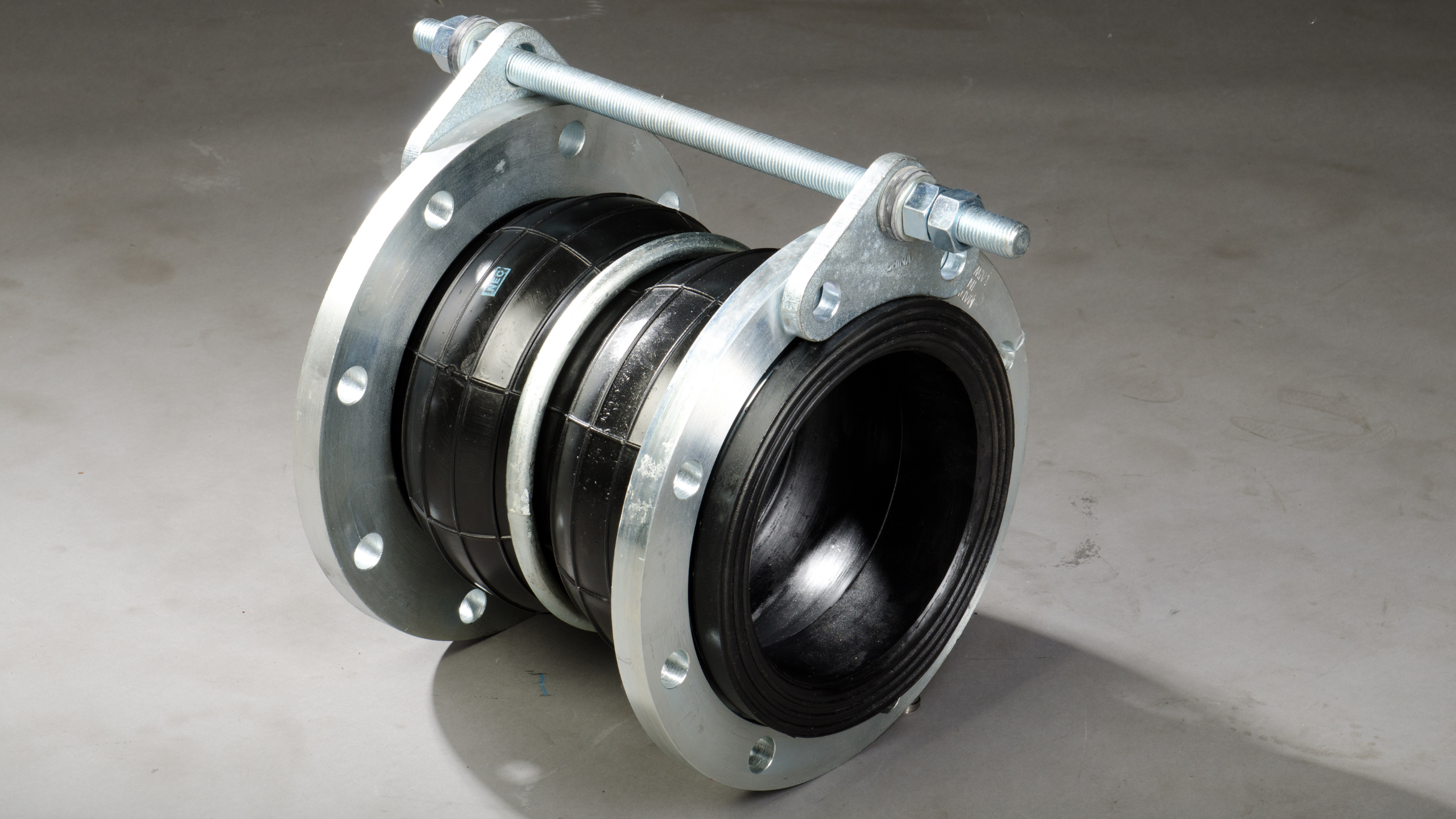

Rubber expansion joints are indispensable in modern agriculture, from irrigation and pumping to waste management and biogas production. These joints enhance efficiency, reduce maintenance costs, and boost productivity. Understanding their applications, benefits, and technical considerations empowers agricultural professionals to harness their potential for a more sustainable and efficient future.
For all your Rubber Expansion Joint requirements, navigate our diverse range of products at API International. Find tailored solutions compatible with your agricultural system demands. Contact us today and get connected with a dedicated account manager!
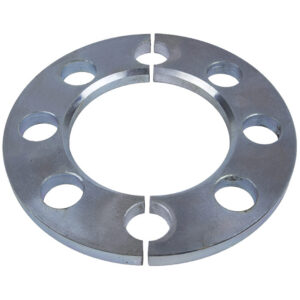
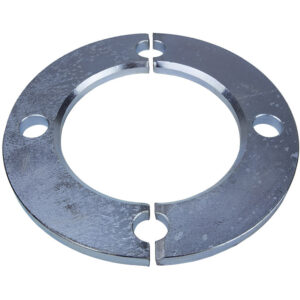
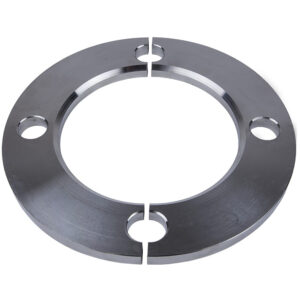
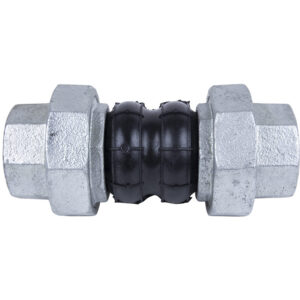
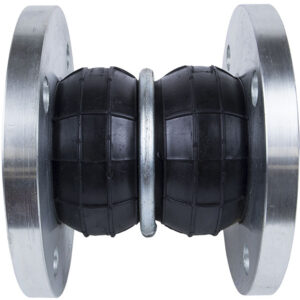
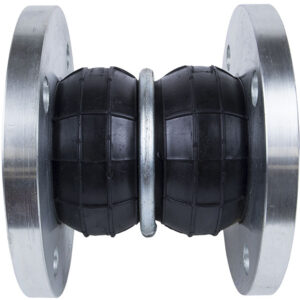
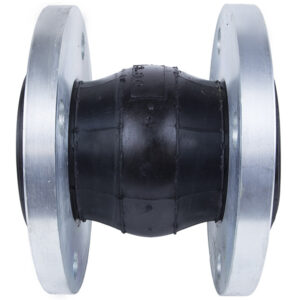
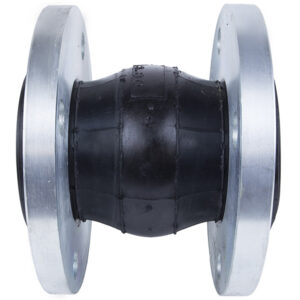
API International, Inc.
12505 SW Herman Road
Tualatin, OR 97062
API International, Inc. | All rights reserved. | Terms & Conditions | Privacy Policy